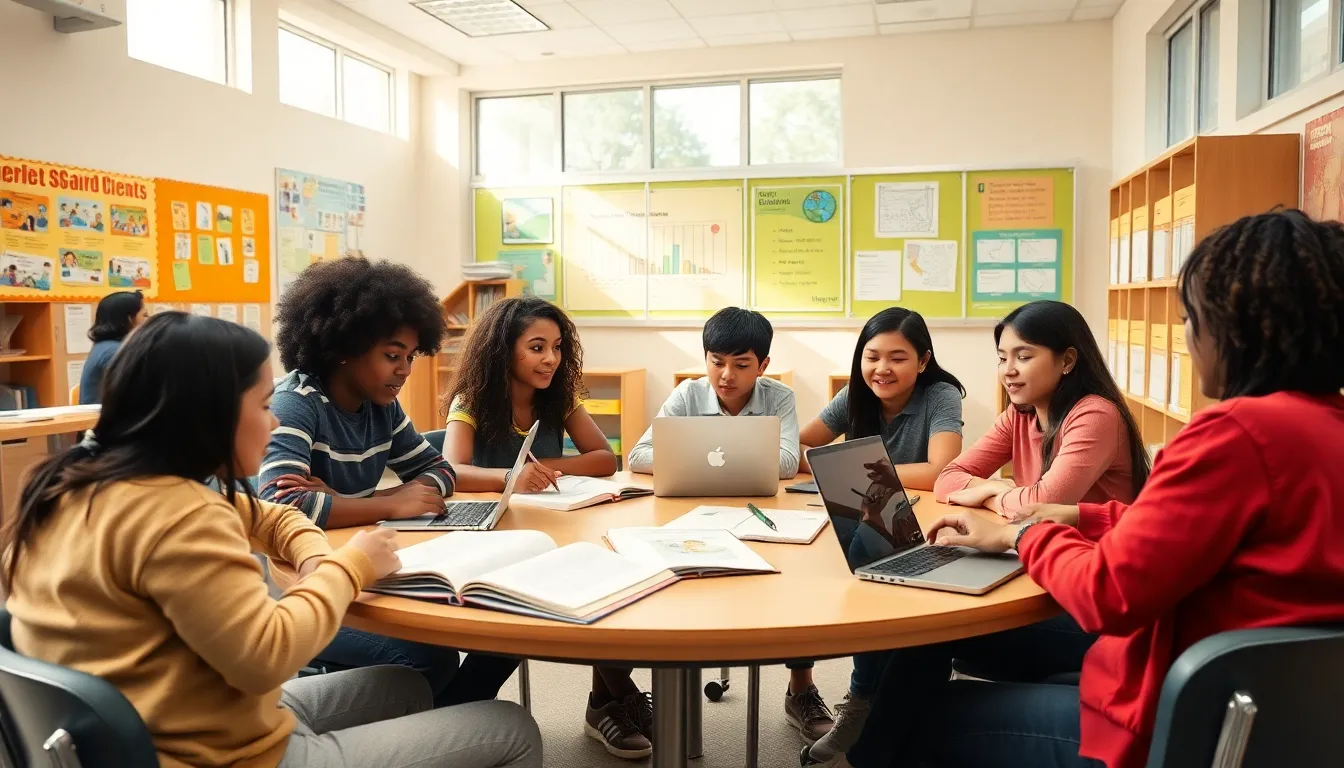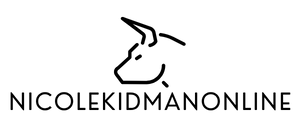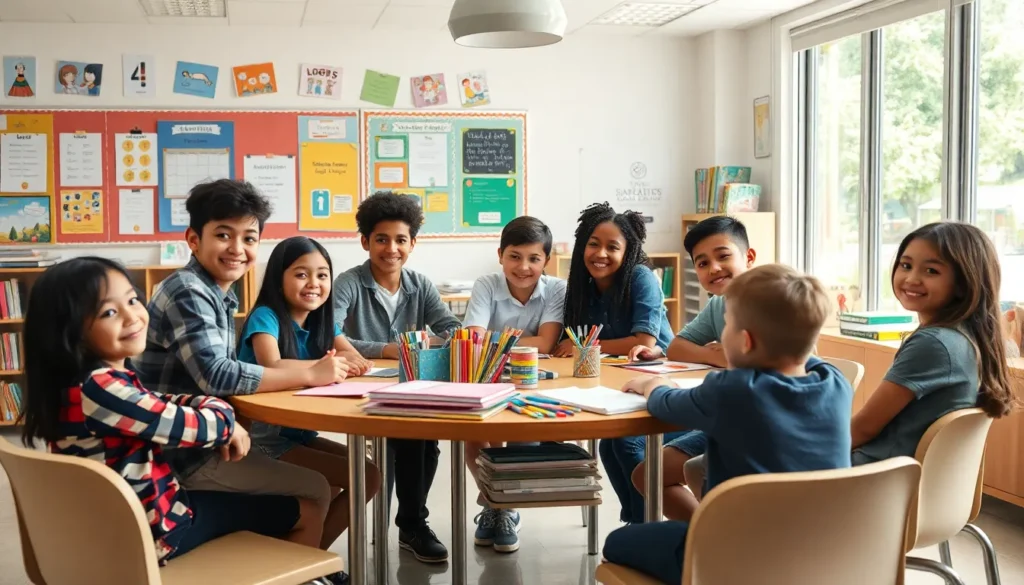Table of Contents
ToggleWhen it comes to education, private schools often get a bad rap, like that one friend who insists on bringing kale chips to a pizza party. But before dismissing them, it’s worth digging deeper. These institutions offer unique benefits that can transform a child’s learning experience, often with smaller class sizes and specialized programs designed to cater to individual needs.
Imagine a place where students aren’t just numbers but budding scholars, artists, and athletes, all thriving in an environment tailored just for them. Private schools can provide that nurturing atmosphere, often with a sprinkle of creativity and a dash of discipline. So, if you’re on the fence about educational options, buckle up! This exploration into the world of private schools might just convince you that they’re worth a second look.
Overview of Private Schools
Private schools operate independently from public school systems. These institutions often receive funding from tuition, donations, and private grants, allowing for diverse educational options. Smaller class sizes represent a significant advantage, enabling teachers to focus more on individual student development.
Many private schools offer specialized programs tailored to specific interests, such as arts, sciences, or athletics. These programs enhance the educational experience, fostering talents that public schools may not prioritize. Academic rigor often stands out in private education, as schools implement unique curricula aligned with high educational standards.
Admissions processes in private schools generally involve an application, interview, and entrance assessments. A selective approach helps maintain academic excellence and creates a community committed to learning. Financial aid is frequently available, providing support for families seeking quality education.
Extracurricular activities and community involvement also gain prominence in private schools. Students often engage in various clubs, sports, and volunteer opportunities, promoting holistic development. Furthermore, educators in private institutions frequently possess advanced degrees and specialized training, contributing to enriched learning environments.
Parental involvement remains vital within private school communities. Active participation fosters strong partnerships between families and schools, enhancing student support systems. Overall, private schools present a range of opportunities that can benefit students academically, socially, and personally.
Benefits of Private Schools

Private schools offer unique advantages that enhance the educational experience for students. These benefits include smaller class sizes and tailored curricula, fostering an environment where students excel.
Smaller Class Sizes
Smaller class sizes result in more individualized attention for each student. Students often receive personalized feedback, allowing for better comprehension of material. With fewer students in each classroom, teachers can build stronger relationships and recognize unique learning styles. This focused environment encourages student participation and engagement. Research shows that smaller classes lead to improved academic performance and increased student satisfaction.
Tailored Curriculum
Tailored curriculum options provide flexibility and depth in education. Many private schools design programs that align with students’ interests and skills, enhancing learning experiences. Specialized subjects, such as advanced sciences or foreign languages, may be available. This customization often includes project-based learning and hands-on opportunities. As a result, students develop critical thinking and problem-solving skills that prepare them for future challenges.
Types of Private Schools
Various types of private schools offer distinct educational philosophies and environments. Each type caters to different needs and preferences.
Religious Private Schools
Religious private schools integrate faith-based education into their curricula. Many emphasize spiritual development alongside academic learning. Common affiliations include Catholic, Jewish, and Protestant institutions. Students often participate in religious ceremonies, enhancing their community connections. These schools may also provide moral and ethical guidance, shaping character development. Typically, graduates from religious private schools engage with their faith throughout life, fostering a strong sense of identity.
Independent Private Schools
Independent private schools operate without oversight from any religious or governmental authority. They maintain flexibility in curriculum design, allowing for innovative and diverse educational approaches. Often, a broader range of subjects is available, catering to various student interests. Admissions processes typically include assessments and interviews, ensuring a good fit between the school and prospective students. Community involvement is emphasized in these institutions, fostering bonds between families, faculty, and staff. These schools frequently promote a culture of academic excellence and holistic development.
Admission Process for Private Schools
Private schools maintain distinct admission processes that reflect their unique characteristics. Understanding these aspects can simplify navigating enrollment.
Application Requirements
To begin, most private schools require a completed application form. Supporting documents typically include academic records, teacher recommendations, and standardized test scores. Applicants may also need to submit personal essays reflecting their interests and aspirations. Many institutions conduct interviews to gauge student fit within the school community. Specific requirements vary by school, so prospective families should carefully review each institution’s guidelines.
Financial Aid Options
Financial aid opportunities often exist to make private education accessible. Many private schools offer need-based scholarships evaluated through financial documentation. Some schools provide merit-based scholarships to recognize outstanding academic or extracurricular achievements. Families can explore payment plans and grants that may ease tuition costs. It’s advisable to inquire about available options early in the application process, as deadlines can impact eligibility.
Challenges Faced by Private Schools
Private schools encounter several challenges that can affect their operation and effectiveness. Funding and resources, alongside diversity and inclusion, represent two significant areas of concern.
Funding and Resources
Funding for private schools typically relies on tuition, donations, and grants. Many institutions face financial constraints despite the availability of various revenue streams. Some schools struggle to maintain facilities and offer up-to-date technology. Financial aid options exist but may not cover all needs. Limited resources can hinder program development and affect student experiences. Additionally, competition for financial support from other educational institutions often complicates funding efforts. Schools ultimately seek innovative strategies to secure necessary resources, ensuring high-quality education for their students.
Diversity and Inclusion
Diversity and inclusion pose another challenge for private schools. Many institutions strive to create a welcoming environment for all students. However, economic constraints can limit their outreach efforts and impact the student body demographic. Enrolling a diverse population requires intentional recruitment strategies and community partnerships. Inclusion efforts must also address cultural sensitivity and representation within curricula. Effective staff training promotes an understanding of diverse perspectives. Commitment to these principles fosters a more enriching educational experience and influences students’ social development positively.
Private schools offer a unique educational experience that can significantly benefit students. With smaller class sizes and specialized programs they provide tailored learning environments that foster individual growth. These institutions not only focus on academic rigor but also emphasize extracurricular activities that promote holistic development.
While challenges such as funding and diversity remain, the advantages of private education are compelling. Families considering private schools may find that the nurturing atmosphere and strong community support can enhance their child’s educational journey. Exploring these options could lead to discovering the right fit for a student’s needs and aspirations.




